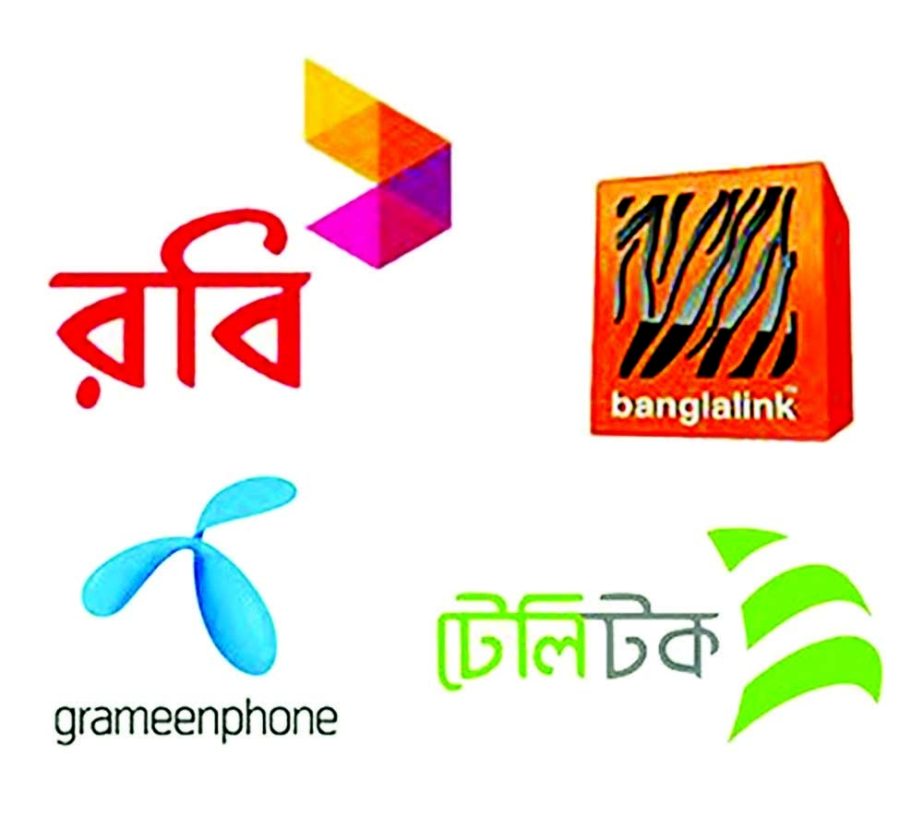
Staff Reporter :
Though the local telecommunication industry is playing a key role in materialising the government’s massive digitisation programme in the country, the prevailing high tax rate is discouraging telecoms operators from investing further.
Entrepreneurs in the telecom sector came up with the observation at a policy dialogue in the city on Wednesday.
They pointed out that local telecom sector have to pay taxes at rates as high as that set for the tobacco industry, urging the authorities to make the tax policy and the ecosystem business-friendly.
The Association of Mobile Telecom Operators of Bangladesh (MTOB), in collaboration with the Bangladesh Internet Governance Forum (BIGF), organised the dialogue entitled “Telecom tax policy and ecosystem” held at Pan Pacific Sonargaon Hotel in Dhaka.
While presenting keynote at the programme, Shahed Alam, chief corporate and regulatory officer at Robi Axiata Limited, said, “Tax rates for the mobile telecom operators in Bangladesh are considerably high when compared to the neighbouring countries. At present, mobile network operators in the country pay 40 per cent -45 per cent corporate tax and a minimum of 2 per cent in turnover tax, he said, adding the operators’ return on investment, however, is insufficient.”
On the one hand, he said, “The operators’ average income per user is low while the cost of mobile voice and mobile internet is one of the lowest in the world. On the other hand, high taxes make it harder for service providers to survive. We, therefore, seek a logical tax structure for the industry.”
He said some policy incentives are required for the telecommunication sector to build Bangladesh as a smart country.
The discussion programme was presided over and moderated by Hasanul Haq Inu, MP, chairperson of the BIGF and chairman of the Parliamentary Standing Committee on the Ministry of Information and Broadcasting, while Posts and Telecommunications Minister Mustafa Jabbar attended it as chief guest.
Mustafa Jabbar said, “I agree that excessive taxes have been a long-standing concern. But, I think we failed to convince the NBR about the negative impact of high taxes on telecom services. We need to think about a digital civilization where taxation needs to be rational.”
Mentioning that taxes on telecom services are extremely high in Bangladesh, Hasanul Haq Inu stated that reducing taxes has no negative consequences for the government because it boosts revenue indirectly.
“While the turnover tax for the tobacco sector is set at 1%, it is 2% for the mobile industry. This is ill-judged and needs to be brought down to less than 1%.”
He also suggested bringing the corporate tax down to 30% from 45%.
BTRC Chairman Shyam Sunder Sikder said “We pursue the appropriate procedures to facilitate local and foreign enterprises to conduct their business in Bangladesh.”
The government should review the corporate tax, he said in the previous years, mobile operators’ proposals to review taxation were forwarded to the NBR and the Finance Division. “But this year, we incorporated our recommendations in their proposals before forwarding them,” he said.
Posts and Telecommunications Secretary Khalilur Rahman, Robi Acting Chief Executive Officer and CFO M Riyaaz Rasheed, Banglalink Chief Corporate and Regulatory Affairs Taimur Rahman, Grameenphone CCAO (Acting) Hossain Sadat, and Fiber@Home Chief Technology Officer Sumon Ahmed Sabir, among others, also spoke at the dialogue.

